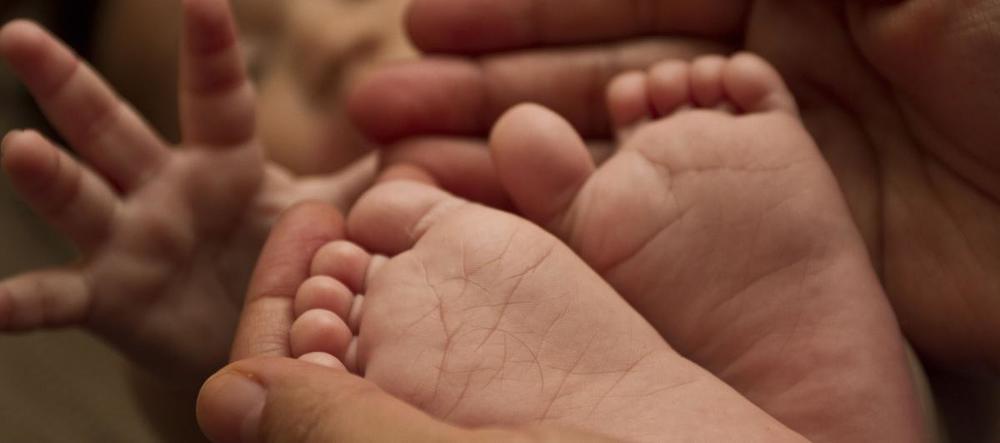
NBS Parents / Caregivers

As a parent, you want to do all you can to make sure your child is healthy!
Before leaving the hospital or delivery facility, your baby will receive important tests called newborn screening. These tests help find serious health issues early, so healthcare providers can help right away. Most babies are born healthy; however, some babies can have a serious medical condition even though they look and act like other babies.
These screenings will be completed soon after your baby is born to check your baby's blood, heart, and hearing.
Talk to your healthcare provider about your baby's newborn screening results at your baby’s first visit, which is usually scheduled a week after your baby goes home.
Important Reminders:
- Make sure your correct contact information is given to the hospital or delivery facility where your baby is born. It's important to provide accurate information so the hospital or delivery facility can reach you in case your baby needs additional testing or care.
- Provide the name and phone number of the healthcare provider who will care for your baby after leaving the hospital or delivery facility so that a copy of your baby's newborn screening report can be sent to the provider.
- At your baby’s first visit, give your healthcare the colored newborn screening card parent slip you received after your baby’s test was done as a reminder to check your baby’s results.
- If you are asked to bring your baby in for retesting, do it as soon as you can. If a problem exists, quick action is very important.
Newborn Screening Resources for Parents and Caregivers
Page last updated 2/5/2026